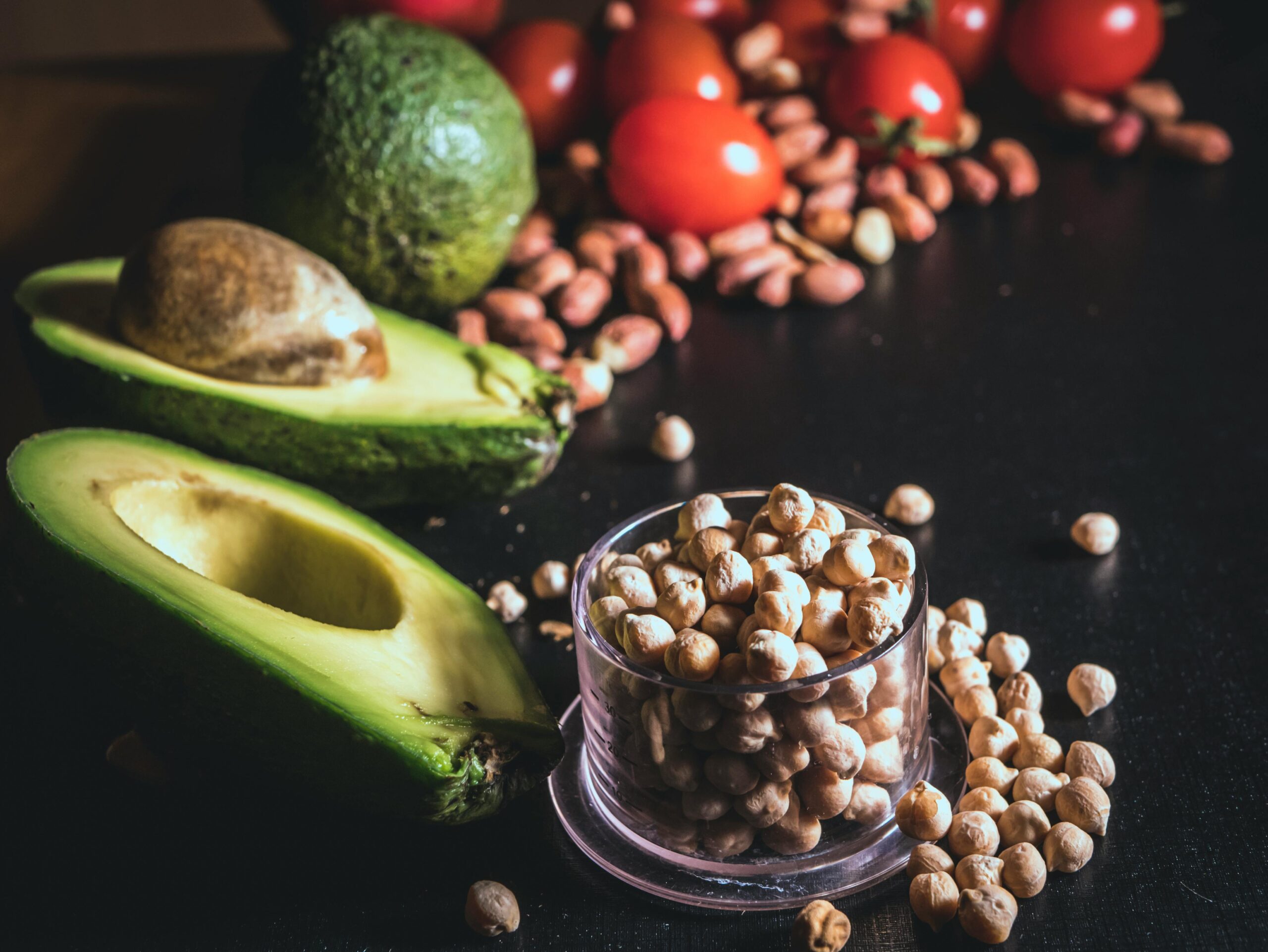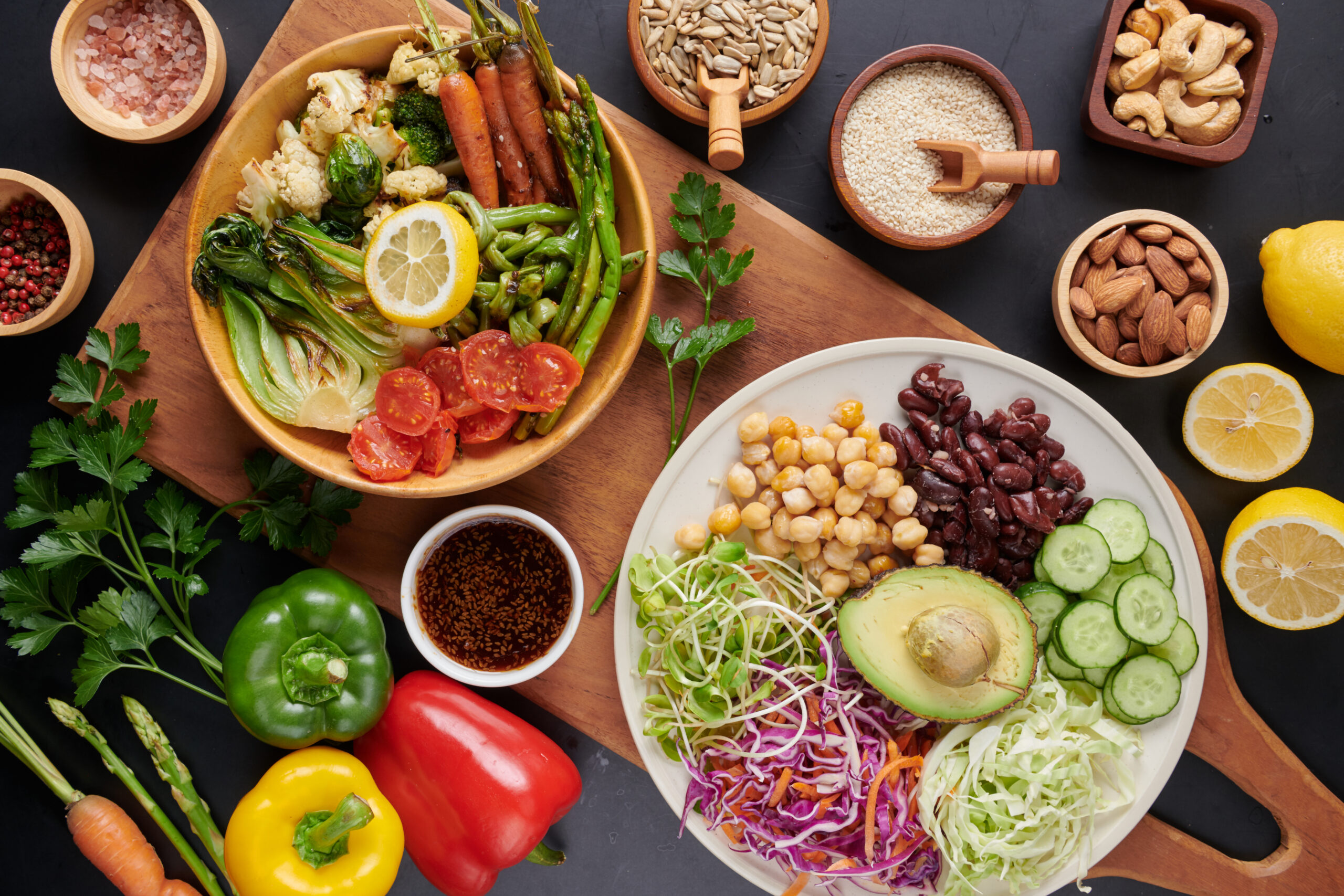
Let’s Eat More Plants, Plus Bonus Recipe
There is a lot of confusing and conflicting information about how to eat for good health, but most everyone agrees that eating more plants is good for you. Plant-based and plant-forward eating remains a hot topic with no shortage of products available in the grocery store to choose from. Unfortunately, just because it’s vegan or plant-based doesn’t always mean it’s healthy. In fact, a 2021 Journal of Nutrition study found that the more people avoided meat, the more ultra-processed foods they ate. Some plant-based products are high in sugar, saturated fats, and are highly processed, which may decrease some of their health benefits. A healthful plant-based diet is made up of high-quality whole foods like grains, fruits, vegetables, legumes, nuts, and seeds. The Mediterranean Diet is an excellent example of a plant-forward way of eating.
A recent study in the journal Nutrients that reviewed data from 2012 to 2022, showed that about 73% of Americans know that plant proteins are healthy. During that same time, however, the percentage of people eating more red meat increased, from 13% to 19%. Even though people know that eating more fruits and veggies is healthy, on average only 1 in 10 Americans eats the recommended number of 1.5–2 cup-equivalents of fruits and 2–3 cup-equivalents of vegetables daily.
Plant foods provide beneficial nutrients including vitamins, minerals, dietary fiber, and protein. They are also rich in polyphenols which act as powerful antioxidants, feed our gut microbiome, and may help to protect against disease. A diet rich in plant foods may help decrease cancer risk, prevent cardiovascular disease, reduce the incidence of diabetes, and protect against neurodegenerative diseases.
How to Boost Your Plant Intake:
Rethink your breakfast routine
- Try adding spinach, tomatoes, onions, or peppers to an omelet or to scrambled eggs.
- Top yogurt or oatmeal with fruit and nuts.
- Try an overnight oatmeal recipe with fruit to make your mornings easier.
- Top whole grain toast with mashed avocado or nut butter with sliced berries or banana.
Think fruit when you want something sweet
- A baked apple with cinnamon is easy and delicious, made in the oven or microwave.
- Dip some fresh berries into melted dark chocolate chips.
- Try baked peaches or pears topped with nuts or a bit of granola.
Keep frozen/canned veggies and beans on hand
- Add to soups, stews, pastas, curries, omelets, and quesadillas.
- Rinse canned foods before using to cut the sodium by 40%.
Make colorful, flavorful, delicious salads
- Lettuce isn’t the only base for a salad anymore. Try shaved Brussels sprouts, chopped broccoli, kale and other dark greens, or red cabbage.
- Toss in leftover meat or roasted veggies you have on hand.
- Round out your salad with some beans or nuts/seeds to make it a hearty meal.
Snacking made healthy and easy
- Prep raw veggies ahead for quick snacks paired with hummus.
- Have a homemade trail mix with nuts, seeds, and a sprinkling of dried fruit.
- Try carrots, apples, a banana, or celery with peanut butter.
Give this delicious salad recipe a try!
Chickpea Salad
Ingredients
- 1 cucumber, diced
- 1 can chickpeas, rinsed and drained
- 1 pint of cherry tomatoes, diced
- 1/2 red onion, diced
- 1 avocado, diced
- 2-3 tablespoons cilantro, finely chopped
Dressing
- A drizzle of olive oil
- Salt
- Juice of half a lemon
Directions
- Add everything to a salad bowl.
- Top with dressing.
- Mix, serve and enjoy!



